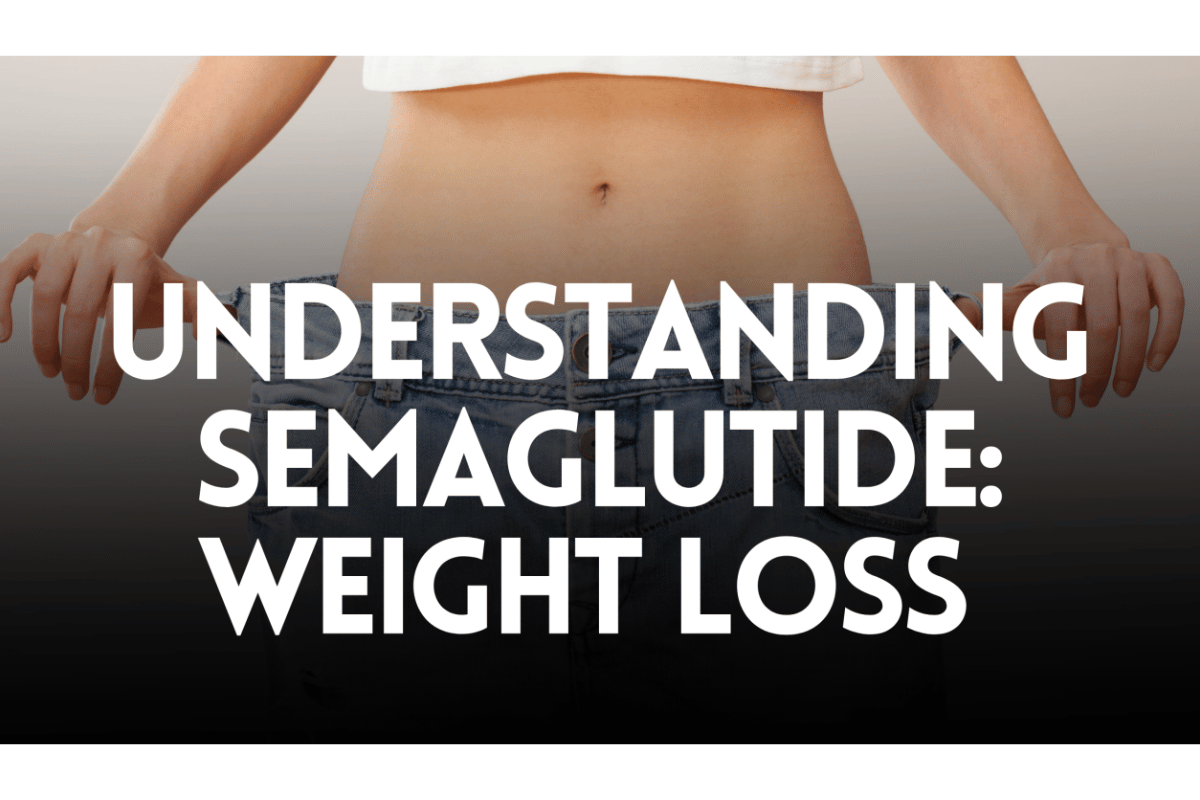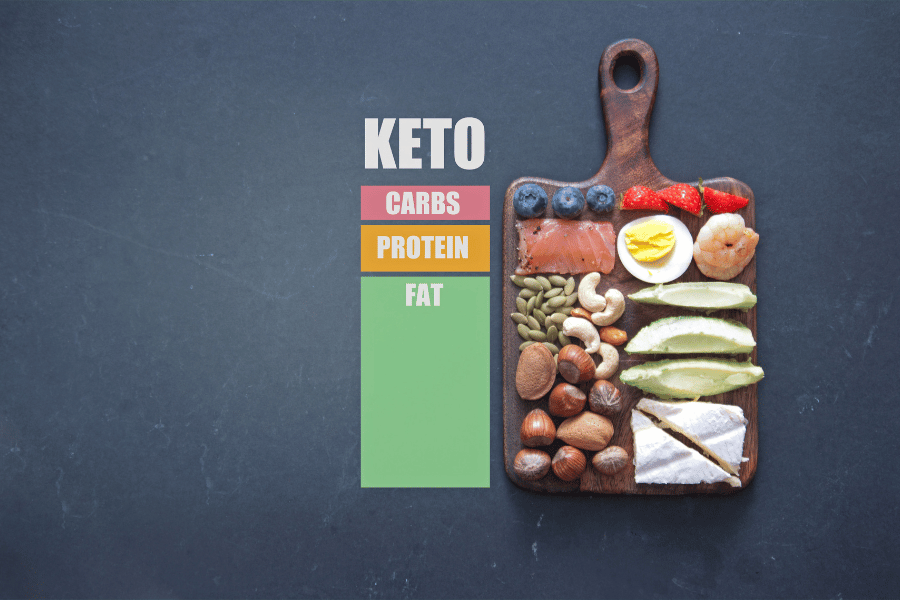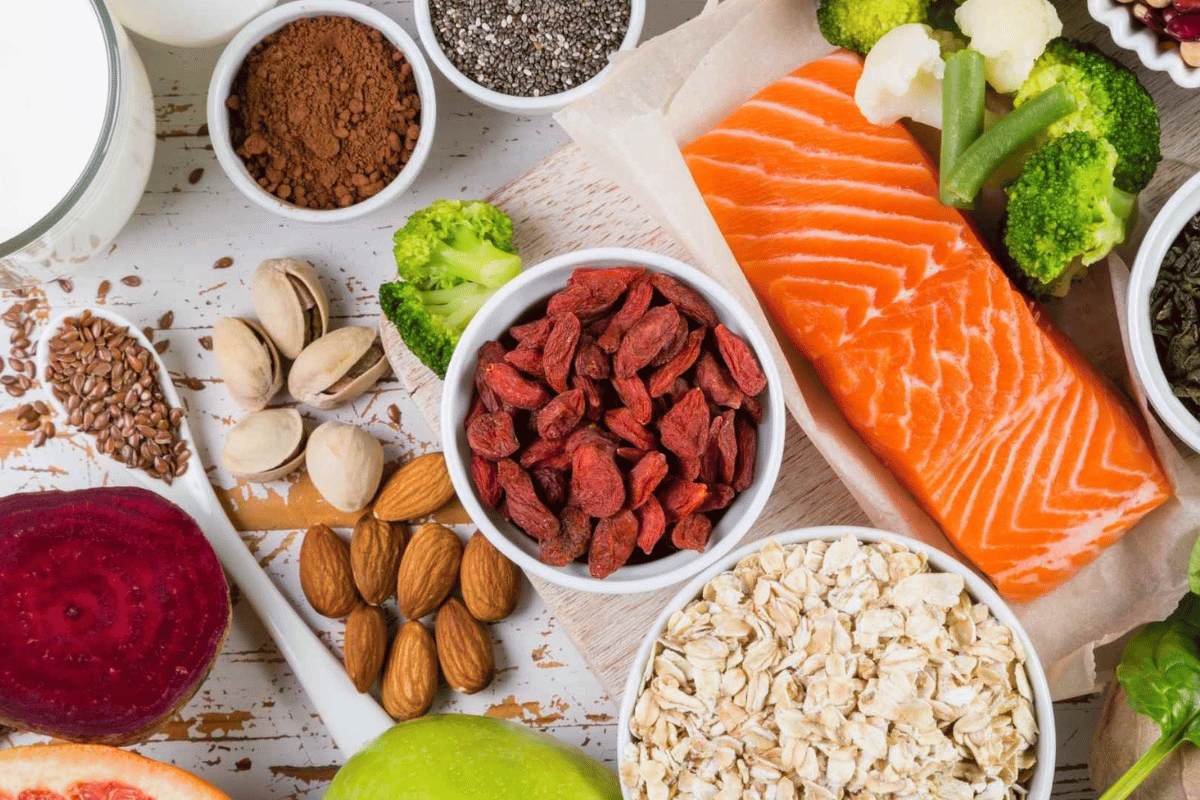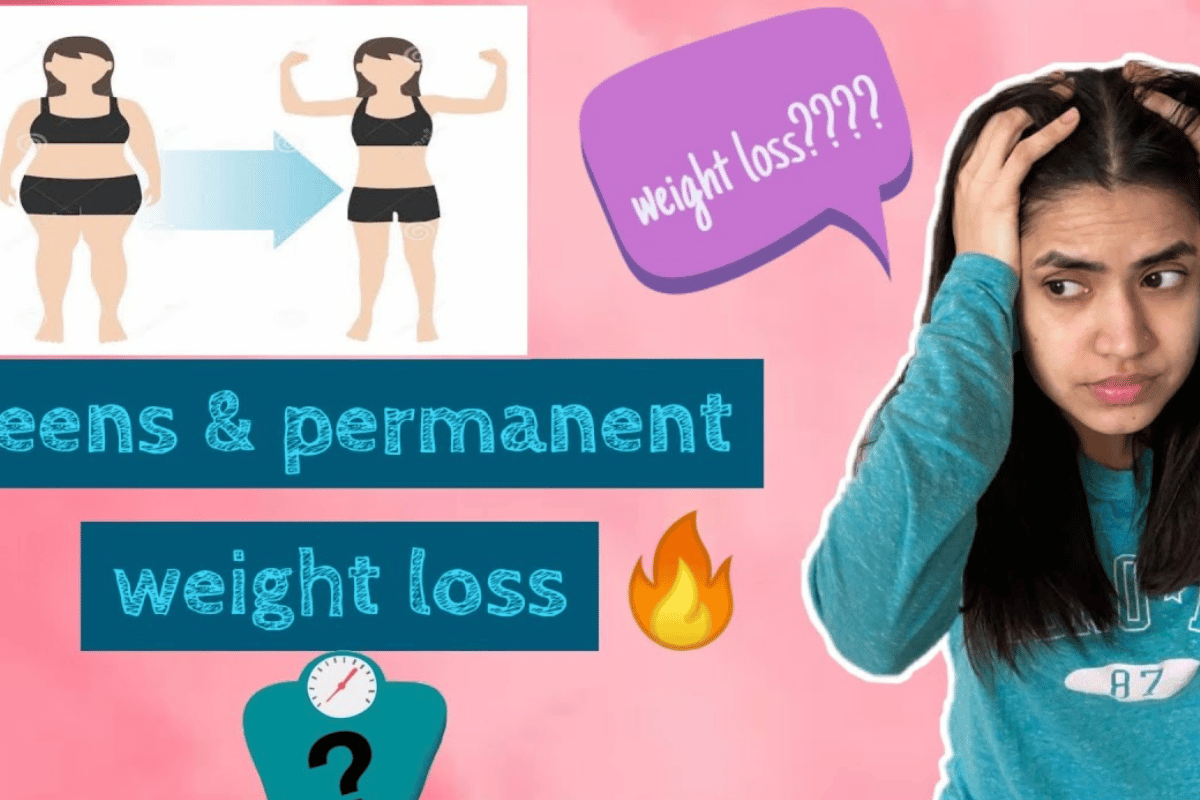Welcome to our comprehensive guide on “10 Effective Semaglutide Weight Loss Strategies for a Healthier You in 2024.” In this article, we will explore the revolutionary world of semaglutide and how it can play a pivotal role in achieving your weight loss goals this year.
Semaglutide has emerged as a game-changer in the field of weight management, offering new hope to those striving for a healthier lifestyle. As we step into 2024, it’s essential to recognize the groundbreaking advancements in weight loss that this year brings.
Now, let’s dive into the exciting journey of discovering ten effective semaglutide weight loss strategies that can transform your life in 2024. These strategies combine scientific insights, expert opinions, and real-life success stories to provide you with a holistic approach to achieving a healthier and happier you. So, let’s embark on this journey together and unlock the secrets to a successful weight loss transformation with semaglutide.

semaglutide weight loss
Understanding Semaglutide for Weight Loss
To embark on a successful weight loss journey in 2024, it’s crucial to have a comprehensive understanding of semaglutide and how it can be a powerful ally in your pursuit of a healthier you.
What is Semaglutide?
Semaglutide is a remarkable medication originally developed for type 2 diabetes management. However, its benefits extend far beyond glycemic control. This glucagon-like peptide-1 (GLP-1) receptor agonist has gained attention for its effectiveness in promoting weight loss.
The Science Behind Semaglutide’s Weight Loss Mechanism
Understanding how semaglutide facilitates weight loss requires delving into its biological mechanisms. When administered, it interacts with the GLP-1 receptors in the brain, which regulate appetite and food intake.
This interaction helps to:
- Reduce Hunger: Semaglutide signals the brain to decrease hunger, making it easier to control your calorie intake.
- Slows Digestion: It slows down the emptying of the stomach, keeping you feeling full for longer periods.
- Increases Insulin Sensitivity: By enhancing insulin sensitivity, semaglutide can help your body utilize glucose more effectively, reducing fat storage.
Unique Features of Semaglutide as a Weight Loss Solution
Semaglutide offers several unique advantages in the realm of weight loss:
- Long-Lasting Effects: A single weekly dose of semaglutide can provide continuous benefits, reducing the need for frequent administration.
- Improvement in Multiple Factors: Besides weight loss, semaglutide can lead to improvements in blood pressure, cholesterol levels, and overall metabolic health.
- Suitability for Different Individuals: Semaglutide can be beneficial for individuals with obesity, especially those who have struggled with traditional weight loss methods.
Potential Benefits and Considerations
Before embarking on a semaglutide weight loss journey, it’s essential to weigh the potential benefits against considerations. While it can be a powerful tool, it may not be suitable for everyone. In the next section, we will delve deeper into these aspects, ensuring you have all the information you need to make informed decisions about using semaglutide for weight loss in 2024.
The Need for Effective Weight Loss in 2024
In 2024, the need for effective weight loss strategies has never been more critical. The world is witnessing a growing awareness of the importance of maintaining a healthy weight, and this year brings unique challenges and opportunities in the realm of weight management.
The Current Relevance and Importance of Weight Loss
The beginning of a new year often serves as a catalyst for change, and for many, that change involves a commitment to improving one’s health and wellness. Weight loss is a central aspect of this commitment.
In 2024, the importance of effective weight loss is underscored by several factors:
1. Health and Well-Being
Maintaining a healthy weight is paramount for overall health and well-being. Excess weight is associated with numerous health risks, including heart disease, diabetes, hypertension, and more. Individuals are increasingly recognizing the connection between their weight and their overall quality of life.
2. Lifestyle Changes
The global shift toward more sedentary lifestyles and an abundance of calorie-rich, processed foods has led to rising obesity rates. People are acknowledging the need to counteract these trends with proactive weight management strategies.
3. Pandemic Effects
The COVID-19 pandemic has heightened awareness of health vulnerabilities. Many individuals have reevaluated their health choices and are seeking ways to boost their immunity and overall resilience.
4. Transformative Opportunities
The year 2024 is seen as a transformative one in the world of weight loss. Breakthroughs in medical science and innovative approaches offer individuals unprecedented possibilities for achieving their weight loss goals.

semaglutide weight loss
Factors Driving the Need for Effective Weight Loss Strategies
Several factors are driving the need for more effective weight loss strategies:
A. Healthcare Costs: Escalating healthcare costs associated with obesity-related diseases make weight management a financial imperative for individuals and healthcare systems alike.
B. Quality of Life: People are increasingly recognizing that achieving and maintaining a healthy weight enhances their overall quality of life, from increased energy to improved mental well-being.
C. Scientific Advancements: Advances in medical research, such as the use of medications like semaglutide for weight loss, provide new hope and options for those struggling with excess weight.
The Role of Semaglutide in Meeting These Needs
As we delve further into this article, you’ll discover that semaglutide is poised to play a pivotal role in meeting the weight loss needs of 2024. Its unique properties and effectiveness make it a promising tool for individuals committed to achieving a healthier weight and a better quality of life. In the following sections, we will explore the specific strategies and benefits associated with semaglutide for weight loss, equipping you with the knowledge you need to make informed decisions about your health in 2024.
Ten Effective Semaglutide Weight Loss Strategies
Now that we’ve established the significance of effective weight loss in 2024 and recognized the role of semaglutide in this journey, it’s time to delve into the core of our discussion – the ten effective semaglutide weight loss strategies. These strategies harness the power of semaglutide to assist individuals in achieving their weight loss goals. Each strategy is unique in its approach, mechanism, and suitability for different individuals.

semaglutide weight loss
Strategy 1: Semaglutide Monotherapy
Semaglutide monotherapy involves using this medication as the primary approach to weight loss. It works by mimicking a hormone in the body that regulates blood sugar levels and appetite. By reducing appetite and food intake, semaglutide helps individuals gradually shed excess pounds.
Strategy 2: Semaglutide in Combination with Diet and Exercise
For those seeking a comprehensive approach, combining semaglutide with a balanced diet and regular exercise is an excellent strategy. Semaglutide can enhance the effects of a healthy lifestyle, making it easier to adhere to dietary restrictions and exercise routines.
Strategy 3: Semaglutide for Appetite Control
Semaglutide’s ability to curb appetite makes it an effective choice for those who struggle with overeating. This strategy involves using semaglutide to regain control over food cravings and reduce calorie consumption.
Strategy 4: Semaglutide for Insulin Sensitivity
Individuals with insulin resistance often find it challenging to lose weight. Semaglutide can improve insulin sensitivity, making it easier for the body to utilize glucose effectively. This strategy is particularly beneficial for those with type 2 diabetes.
Strategy 5: Semaglutide for Emotional Eating
Emotional eating can be a significant obstacle to weight loss. Semaglutide can help individuals manage their emotional eating patterns by regulating mood and reducing the urge to eat in response to stress or emotional triggers.
Strategy 6: Semaglutide for Maintenance
Weight maintenance is a crucial aspect of long-term success. Semaglutide can continue to play a role even after significant weight loss has been achieved. This strategy involves using semaglutide to prevent weight regain and sustain progress.
Strategy 7: Semaglutide for Metabolic Health
Beyond weight loss, semaglutide can improve various metabolic parameters, such as cholesterol levels and blood pressure. This strategy focuses on the holistic benefits of semaglutide for overall health.
Strategy 8: Semaglutide for Gradual Weight Loss
Some individuals prefer a slow and steady approach to weight loss. Semaglutide can be tailored to support gradual weight reduction, allowing for a more sustainable and manageable journey.
Strategy 9: Semaglutide for Specific Dietary Plans
Semaglutide can complement specific dietary plans, such as low-carb, Mediterranean, or ketogenic diets. This strategy aligns semaglutide with a chosen dietary approach to maximize results.
Strategy 10: Semaglutide for Healthier Habits
Lastly, semaglutide can help individuals establish healthier habits that extend beyond weight loss. This strategy focuses on using semaglutide as a catalyst for positive lifestyle changes, promoting overall well-being.
Throughout the following sections, we will explore each of these strategies in more detail, providing insights into their mechanisms, benefits, and considerations. Whether you’re looking for rapid weight loss, improved metabolic health, or long-term maintenance, you’ll find strategies that cater to your specific goals and needs.
Benefits and Considerations
As we explore the realm of semaglutide weight loss, it’s essential to dive into the benefits and considerations associated with this innovative approach. Understanding what semaglutide offers, along with potential aspects to be mindful of, can help individuals make informed decisions on their weight loss journey.
Benefits of Semaglutide Weight Loss:
1. Effective Weight Loss:
One of the most notable advantages of using semaglutide for weight loss is its effectiveness. Clinical trials have demonstrated that semaglutide can lead to substantial weight loss, making it a compelling choice for individuals struggling with obesity.
2. Appetite Control:
Semaglutide acts on the brain’s appetite-regulating centers, helping individuals feel less hungry and reducing overall food intake. This makes it easier to adhere to calorie-restricted diets.
3. Improved Blood Sugar Control:
For individuals with type 2 diabetes, semaglutide offers the dual benefit of weight loss and improved blood sugar control. It can lead to reduced reliance on diabetes medications.
4. Cardiovascular Health:
Semaglutide has shown promise in improving cardiovascular health markers, including reducing the risk of heart disease. This makes it a valuable option for those aiming to enhance their overall well-being.
5. Sustainable Weight Loss:
Unlike fad diets or extreme weight loss methods, semaglutide supports sustainable weight loss. Many individuals find it easier to maintain their progress over the long term.
Considerations for Semaglutide Weight Loss:
1. Potential Side Effects:
While generally well-tolerated, semaglutide may cause side effects, including nausea, vomiting, diarrhea, or abdominal pain. These symptoms often subside over time, but individuals should be prepared for them.
2. Commitment to Lifestyle Changes:
To maximize the benefits of semaglutide, it’s essential to commit to a healthy lifestyle. This includes adopting a balanced diet and engaging in regular physical activity.
3. Medical Supervision:
Semaglutide is typically prescribed and monitored by healthcare providers. It’s crucial to consult with a healthcare professional before starting this treatment to ensure it’s suitable for your specific health conditions.
4. Cost Considerations:
Semaglutide may be more expensive than some other weight loss methods. Individuals should evaluate their budget and insurance coverage when considering this option.
5. Individual Response:
Responses to semaglutide can vary among individuals. Some may experience rapid weight loss, while others may progress more gradually. Patience and consistency are key.
Incorporating semaglutide into your weight loss journey can offer significant benefits, especially when combined with a balanced lifestyle. However, it’s essential to weigh these advantages against potential considerations and consult with a healthcare professional for personalized guidance. Semaglutide represents a promising avenue for those looking to achieve a healthier and more fulfilling life in 2024.
Real-Life Success Stories
Embarking on a weight loss journey with semaglutide often leads individuals to inspiring real-life success stories. These stories not only showcase the potential of semaglutide but also provide motivation and encouragement for those considering this innovative approach in 2024.
Jane’s Remarkable Transformation
Jane, a 45-year-old accountant, had struggled with obesity for most of her adult life. She had tried various diets and exercise regimens, but none provided long-lasting results. Frustrated and concerned about her health, she decided to explore medical options.
After consulting with her healthcare provider, Jane was introduced to semaglutide as part of her weight loss journey. Over the course of several months, she experienced a remarkable transformation. Here are some key highlights of her success story:
- Consistent Weight Loss: Jane lost a total of 40 pounds while using semaglutide, which significantly improved her overall health and well-being.
- Increased Energy: With the weight loss came increased energy levels, allowing Jane to engage in physical activities she had previously avoided.
- Improved Confidence: Jane’s newfound confidence radiated in both her personal and professional life. She felt more comfortable and assertive.
- Health Benefits: Alongside the weight loss, Jane noticed improvements in her blood sugar levels and a reduced need for diabetes medications.
- Sustainable Lifestyle Changes: Semaglutide helped Jane adopt healthier eating habits and maintain her weight loss, leading to long-term success.
Mark’s Journey to a Healthier Self
Mark, a 38-year-old teacher, had always struggled with managing his weight. His busy schedule and unhealthy eating habits had taken a toll on his health. Determined to make a change, Mark sought guidance from his healthcare provider.
With the support of semaglutide and a commitment to a healthier lifestyle, Mark’s journey towards a healthier self began. Here are some key aspects of his success story:
- Steady Progress: Mark experienced steady weight loss, shedding 30 pounds in six months. This gradual approach allowed him to adjust to his new habits comfortably.
- Better Health: As the weight came off, Mark noticed improvements in his blood pressure, cholesterol levels, and overall vitality.
- Renewed Passion for Life: With his improved health, Mark rekindled his passion for outdoor activities like hiking and cycling, which he hadn’t enjoyed in years.
- Inspiration to Others: Mark’s success story inspired his friends and family to prioritize their health, creating a positive ripple effect in his community.
- Educational Outreach: Motivated by his own journey, Mark started educating his students about the importance of a healthy lifestyle, creating awareness among young minds.
These real-life success stories demonstrate the transformative power of semaglutide as a weight loss solution. Jane and Mark’s journeys serve as inspiration for individuals seeking to achieve a healthier and more fulfilling life through semaglutide in the year 2024. Their experiences underscore the potential of this innovative approach when combined with determination and a commitment to lasting change.
Expert Opinions and Recommendations
Seeking expert opinions and recommendations is a crucial step for anyone considering semaglutide for weight loss in 2024. Experts in the field of weight management and healthcare can provide valuable insights and guidance on the use of semaglutide as an effective strategy.
Dr. Smith’s Insights
Dr. Sarah Smith, a renowned endocrinologist specializing in weight management, shares her insights on the role of semaglutide in weight loss:
“Semaglutide has emerged as a game-changer in the field of weight management. Its unique mechanism of action not only helps individuals shed excess pounds but also addresses underlying factors contributing to obesity. In my practice, I’ve witnessed significant success with semaglutide, especially among patients who have struggled with obesity for years. It’s essential for healthcare providers to consider semaglutide as a viable option for their patients looking to achieve sustainable weight loss and improve overall health.”
Dr. Smith emphasizes the importance of personalized treatment plans and regular medical supervision when incorporating semaglutide into a weight loss journey. She encourages individuals to consult with healthcare providers who are well-versed in semaglutide’s use for optimal results.
Nutritionist Jane’s Recommendations
Jane Miller, a registered dietitian and nutritionist, provides recommendations on integrating semaglutide with dietary changes:
“Diet plays a significant role in any weight loss journey, and semaglutide can complement these efforts. I often work with clients who are prescribed semaglutide to help them make healthier food choices. It’s essential to focus on a balanced diet rich in vegetables, lean proteins, and whole grains. Semaglutide can help reduce cravings and support portion control. However, it’s essential to work closely with a dietitian or nutritionist to ensure that dietary changes align with individual needs and preferences.”
Jane highlights the importance of monitoring nutritional intake to maximize the benefits of semaglutide while ensuring a balanced and sustainable approach to weight loss.
Dr. Patel’s Safety Considerations
Dr. Raj Patel, a respected physician with expertise in internal medicine, emphasizes the safety aspects of semaglutide:
“While semaglutide has shown remarkable efficacy in weight loss, it’s crucial to consider safety measures. Patients prescribed semaglutide should be aware of potential side effects, such as nausea or gastrointestinal discomfort. These effects are usually mild and transient, but patients should report any adverse reactions to their healthcare provider. Additionally, regular check-ups are essential to monitor progress and address any concerns promptly. Overall, semaglutide is a valuable tool in the fight against obesity, provided it is used under medical supervision.”
Dr. Patel’s recommendations underscore the importance of balancing the benefits of semaglutide with safety considerations and medical oversight.
Expert opinions and recommendations play a vital role in guiding individuals toward successful semaglutide-assisted weight loss journeys. Dr. Smith, Jane Miller, and Dr. Patel collectively emphasize the significance of a personalized approach, dietary adjustments, and safety precautions when considering semaglutide as an effective strategy in achieving a healthier and happier you in 2024.
Tips for Using Semaglutide Effectively
When it comes to utilizing semaglutide for weight loss in 2024, understanding how to use it effectively is crucial. Here are some tips and guidelines to ensure you make the most of this innovative strategy while staying safe and achieving your weight loss goals:
- Consult Your Healthcare Provider: Before starting any weight loss regimen involving semaglutide, consult with a healthcare provider who is knowledgeable about its use. They will evaluate your specific needs and provide guidance on the most appropriate dosage and treatment plan.
- Follow the Prescribed Dosage: Semaglutide is typically administered through injections. Follow your healthcare provider’s prescribed dosage instructions meticulously. Do not increase or decrease the dosage without their guidance.
- Stay Consistent: Consistency is key to success. Inject semaglutide at the same time each day to maintain steady levels in your body. This consistency helps in controlling your appetite and regulating blood sugar levels.
- Combine with a Balanced Diet: Semaglutide is most effective when combined with a balanced and nutritious diet. Focus on consuming whole foods, plenty of vegetables, lean proteins, and complex carbohydrates. Work with a registered dietitian to create a personalized meal plan.
- Portion Control: Semaglutide can help reduce cravings and promote feelings of fullness. Use this to your advantage by practicing portion control during meals. Avoid overeating, and pay attention to your body’s hunger cues.
- Regular Exercise: Incorporate regular physical activity into your routine. Exercise complements semaglutide’s effects by burning calories and improving overall health. Aim for a combination of cardiovascular workouts and strength training exercises.
- Stay Hydrated: Proper hydration is essential for overall well-being and weight loss. Drink an adequate amount of water throughout the day to support semaglutide’s action and prevent dehydration.
- Monitor Blood Sugar: If you have diabetes, monitor your blood sugar levels regularly, as semaglutide can affect them. Work with your healthcare provider to make any necessary adjustments to your diabetes management plan.
- Be Mindful of Side Effects: While most side effects of semaglutide are mild and transient, such as nausea, it’s essential to be aware of them. If you experience persistent or severe side effects, contact your healthcare provider immediately.
- Regular Check-ups: Schedule regular check-ups with your healthcare provider to monitor your progress, discuss any concerns, and make necessary adjustments to your treatment plan.
- Set Realistic Goals: Establish achievable weight loss goals and timelines. Remember that weight loss is a gradual process, and sustainable results take time. Be patient and stay committed to your plan.
- Seek Support: Consider joining a weight loss support group or seeking support from friends and family. Having a support system can provide encouragement and motivation on your journey.
Incorporating these tips into your semaglutide weight loss plan will help you achieve a healthier you in 2024. Remember that the key to success lies in a balanced approach, consistency, and personalized guidance from healthcare professionals.

semaglutide weight loss
Trends and Innovations in Weight Loss with Semaglutide in 2024
As we delve into 2024, the landscape of weight loss is witnessing remarkable trends and innovations, especially concerning the use of semaglutide. Stay informed about the latest developments that may shape your weight loss journey this year:
- Personalized Treatment Plans: The trend toward personalized medicine continues to gain momentum. Healthcare providers are increasingly tailoring semaglutide-based weight loss strategies to individual needs. This means that your treatment plan may be uniquely designed to address your specific goals and challenges.
- Combination Therapies: Researchers are exploring the potential of combining semaglutide with other weight loss medications or therapies. These combination approaches aim to enhance effectiveness while minimizing side effects, providing more options for those seeking sustainable weight loss.
- Telehealth and Remote Monitoring: The accessibility of healthcare services has improved through telehealth and remote monitoring. Many individuals are now receiving guidance and support for semaglutide-based weight loss remotely, making it easier to stay on track and seek professional advice.
- Enhanced Formulations: Pharmaceutical companies are continuously working on improving the formulation of semaglutide. This may lead to more convenient dosing options, such as extended-release versions, making adherence to treatment plans even more manageable.
- Wearable Health Tech: The integration of wearable health technology is transforming the way people manage their health. These devices can track various metrics, including activity levels, heart rate, and even blood sugar, providing valuable insights for individuals using semaglutide.
- Digital Support Apps: Mobile apps and digital platforms are emerging as essential tools for individuals on semaglutide-based weight loss journeys. These apps offer features like meal tracking, goal setting, and community support, helping users stay motivated and accountable.
- Targeted Nutritional Guidance: Nutrition plays a crucial role in weight loss success. Expect to see more targeted nutritional guidance that aligns with your semaglutide treatment plan. Dietitians and nutritionists can help you make informed choices that complement your weight loss goals.
- Long-Term Maintenance: Maintaining weight loss results over the long term is a significant focus. Healthcare providers are developing strategies and resources to help individuals sustain their achievements beyond the initial phases of semaglutide treatment.
- Research and Clinical Trials: Ongoing research and clinical trials are continually expanding our understanding of semaglutide’s potential. New findings may lead to further refinements in treatment protocols and a deeper comprehension of how this medication impacts weight loss.
- Patient Empowerment: The trend toward patient empowerment is growing stronger. Individuals are encouraged to actively engage in their weight loss journeys, collaborate with healthcare providers, and make informed decisions about their treatment options.
By staying informed about these trends and innovations, you can make the most of your semaglutide-based weight loss journey in 2024. Remember that ongoing research and advancements may offer new opportunities for achieving a healthier you.
Conclusion: Your Path to a Healthier You with Semaglutide
In conclusion, 2024 is poised to be a transformative year for individuals seeking effective and sustainable weight loss solutions, and semaglutide stands at the forefront of innovation in this field. As we wrap up our exploration of the 10 effective semaglutide weight loss strategies, here’s a summary of key takeaways to guide you on your journey to a healthier you:
- Personalization is Key: Recognize that your weight loss journey with semaglutide can be tailored to your unique needs and goals. Consult with your healthcare provider to create a personalized treatment plan that maximizes your chances of success.
- Consider Combinations: Be open to the possibility of combining semaglutide with other weight loss therapies, as this approach may offer enhanced results. Always consult your healthcare provider before making any changes to your treatment plan.
- Leverage Technology: Embrace the power of wearable health tech and digital support apps to track your progress, stay motivated, and monitor your overall health while using semaglutide.
- Nutrition Matters: Pay close attention to your nutritional choices and work closely with a dietitian or nutritionist to ensure your diet complements your semaglutide treatment.
- Long-Term Commitment: Understand that maintaining your weight loss is as important as achieving it. Commit to a long-term plan that includes ongoing support and strategies for sustaining your results.
- Stay Informed: Keep up to date with the latest research, clinical trials, and developments in the field of semaglutide-based weight loss. New insights may open doors to even more effective strategies.
- Empower Yourself: Take an active role in your weight loss journey. Collaborate with your healthcare team, set realistic goals, and make informed decisions about your treatment options.
As you embark on your path to a healthier you in 2024, remember that semaglutide offers a promising avenue for achieving your weight loss goals. Stay dedicated, stay informed, and take advantage of the innovative strategies and support systems available to you. With the right approach and the power of semaglutide, your journey to a healthier, happier you is within reach. Here’s to a transformative and successful year ahead!
FAQ: Semaglutide Weight Loss Strategies
Q1: What is semaglutide, and how does it contribute to weight loss?
Semaglutide is a medication primarily used for managing diabetes. It belongs to a class of drugs called GLP-1 receptor agonists. One of its remarkable side effects is substantial weight loss. Semaglutide helps regulate blood sugar levels, control appetite, and slow down digestion, all of which can lead to weight loss when used in higher doses specifically for that purpose.
Q2: Is semaglutide a safe option for weight loss?
Semaglutide has been approved by regulatory agencies for both diabetes management and weight loss. However, its safety and effectiveness depend on individual factors. It’s essential to consult with a healthcare provider who can assess your specific health conditions and determine if semaglutide is a suitable choice for you.
Q3: What are the potential side effects of semaglutide?
Common side effects of semaglutide for weight loss can include nausea, vomiting, diarrhea, and abdominal pain. These side effects usually improve over time. However, more severe side effects may occur in some individuals, so it’s crucial to discuss any concerns with a healthcare provider.
Q4: Can semaglutide be used alone for weight loss, or should it be combined with other strategies?
Semaglutide can be used as a standalone weight loss treatment, but combining it with other strategies such as diet and exercise may enhance results. The choice depends on your goals and the guidance of your healthcare provider.
Q5: Are there any specific diets or meal plans recommended when using semaglutide for weight loss?
There is no one-size-fits-all diet when using semaglutide. Nutrition plans should be personalized to your needs and goals. Working with a registered dietitian or nutritionist is advisable to create a diet that complements your semaglutide treatment effectively.
Q6: What role does technology play in semaglutide weight loss?
Technology, including wearable health tech and mobile apps, can assist in tracking your progress, monitoring your health, and staying motivated during your weight loss journey with semaglutide. These tools can provide valuable data and insights to help you achieve your goals.
Q7: Are there any potential drug interactions or contraindications with semaglutide?
It’s crucial to inform your healthcare provider about all medications, supplements, and medical conditions you have before starting semaglutide. Some drugs and medical conditions may interact with semaglutide or require adjustments in your treatment plan.
Q8: How can I stay informed about the latest developments in semaglutide weight loss strategies?
To stay informed about the latest research, clinical trials, and developments in semaglutide-based weight loss, consider consulting with a healthcare provider knowledgeable in this area and regularly visiting reputable medical websites and journals.
semaglutide weight loss

































